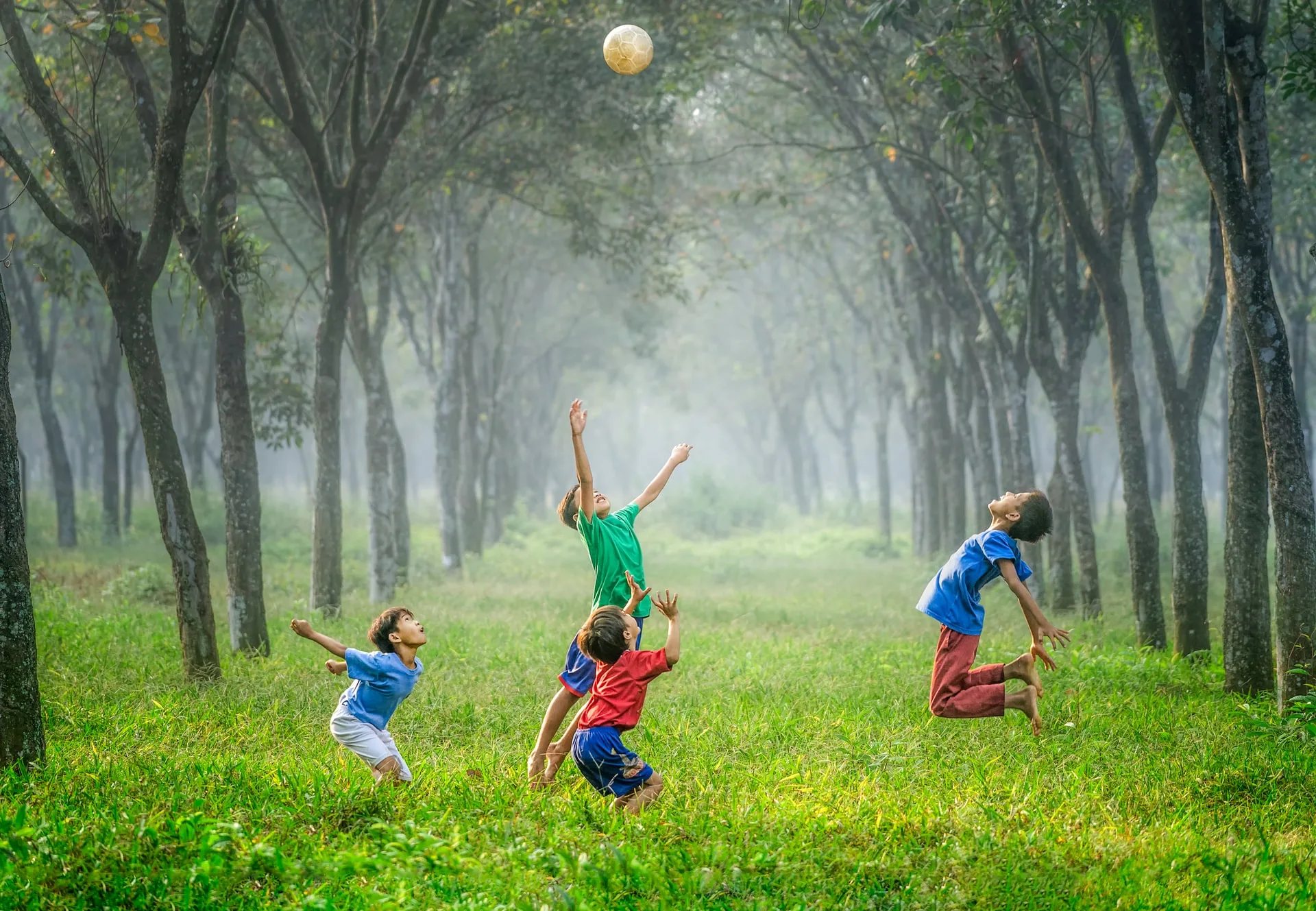Seasonal allergies can get the most resilient people down. If you have a child with allergies, it can be tough to watch them be sidelined by sneezing, watery eyes, and a scratchy throat, all while the other kids continue to have fun. While you need to take your child’s allergies seriously, they don’t have to hold your child back.
Whether you have your child wear allergy bracelets or establish an allergy emergency plan, you can make sure your child doesn’t miss out due to their allergies.
Common Allergies To Worry About With Exercise
Allergies are caused by reactive substances interacting with a person’s immune system. The reactive substance is not commonly harmful, but it is to people who are allergic to it. For most, pollen, chalk dust, or cat hair is just an everyday thing. For people with allergies, it could cause a medical emergency.
The most common reactions to allergies tend to be itchy skin, watery eyes, a scratchy throat, sneezing, and coughing. In the worst cases, an allergy will lead to anaphylaxis: closing of the throat that can make it difficult for a person to breathe — or stop breathing entirely.
Pollen tends to be the common culprit when being active outdoors. Other allergens can include certain grasses, plants, molds, animals, trees, and more. For some, allergic reactions from these will present themselves with minor symptoms. But it could be more serious for your child, especially if they have asthma.

Photo by Andrea Piacquadio from Pexels
Asthma and Allergies
Ninety percent of children with asthma suffer from allergic asthma. The condition is caused primarily by allergic reactions.
Asthma is the real concern when it comes to allergies, as its symptoms can include wheezing, shortness of breath, and worse. If untreated, it could be fatal.
While it can be a major concern, it doesn’t have to stop your child from living an active life. It might require both you and them to be aware of their condition and their surroundings. You can take proactive steps to remain safe at all times.
Allergy Remedies
The most common way to remediate an allergic reaction is through medication used once the onset of symptoms is noticed. Medications can include prescribed medications for simple over-the-counter meds, including:
- Decongestants
- Antihistamines
- Steroids
Whether it’s an EpiPen, an inhaler, or a capsule, your child may be able to administer themselves with their medication when it is required. However, it’s recommended that a supervising adult help them with their medication in the event that you are not around.
If you’re unsure of their triggers, it might be best to see a professional allergist. It’s best you know exactly what triggers their allergic reactions, as you can react to the situation at hand, determining whether it’s safe for them to be active in a certain environment or on a specific day.
2. Check daily weather conditions
Weather can affect how safe it is for your child to be active. It’s important you check the weather to determine whether your child should be active and outside on any given day. Watch for:
- Daily and local pollen count
- Wind
- Precipitation
- Heat
- Humidity
Dry, hot days can be especially hard on children with allergies, as the conditions are perfect for pollen to accumulate. Furthermore, windy weather is poor for anyone with allergies, as it allows for allergens — from trees, plants, birds, animals — to more easily move through the air.
However, the perfect weather includes days after heavy rainfall. The simplest explanation for why is that the precipitation “washes the pollen away.” More precisely, air moisture weighs down pollen particles and stops them from being caught up by the wind.
3. Monitor The Activities They Participate In
Just as you should monitor the weather on the day of, you should also keep an eye on just what activities they’ll be doing. If they plan on playing soccer out on a public field, your child should be okay. Just make sure they bring their inhaler or EpiPen along.
However, if it sounds like they’ll be out in the woods hiking or helping a friend rake their parents’ dead leaves, you’ll want to reconsider whether it’s safe for them or not.
Also, keep in mind that public parks might be safe, but you should avoid taking your child there if the lawns were recently mowed. The act of cutting grass launches allergens into the air, and it’s best to avoid the areas for a day or two until the environment settles back to normal.
4. Wear An Allergy Bracelet
One of the best ways to protect your child is by having them wear an allergy bracelet. A medical alert bracelet for kids is engraved with a child’s pertinent medical information. For a child with allergies, that includes their:
- Name
- Your name
- Your contact number
- Their allergies
- Any medications they take
- Medications that should be avoided
Allergy bracelets can be a lifesaver when you’re not around, as bystanders can consult their bracelets and recognize that their reaction is being caused by an allergy. They can inform EMS of the information present on your child’s bracelet, allowing professionals to jump into action to help.
Furthermore, nearby adults can ask your child whether they have an EpiPen or inhaler upon seeing their bracelet. Even if your child cannot speak, they can point out where their medication is and receive necessary medical assistance when needed most.
Make sure they know how to remain safe whether you’re around or they’re by themselves. That includes teaching them what allergens to avoid, how to administer their own medication, and how to remain safe under any circumstances.
6. Protect Your Child Without Holding Them Back
Let your child be active with all the other kids. Allergies shouldn’t hold them back. With allergy bracelets, plans, and simple research, you can protect your child while letting them live freely.
Who Is The Author?

Kara Foxx
Kara Foxx serves as the content producer for ROAD iD. Kara oversees customer stories, blog content, ambassadors, and social media from the Covington, KY office. Before joining ROAD iD, Kara was a content creator and social media manager for FOX 19 WXIX in Cincinnati, OH. She loves her dog and the Great Outdoors.







![women [longevity live]](https://longevitylive.com/wp-content/uploads/2020/01/photo-of-women-walking-down-the-street-1116984-100x100.jpg)










